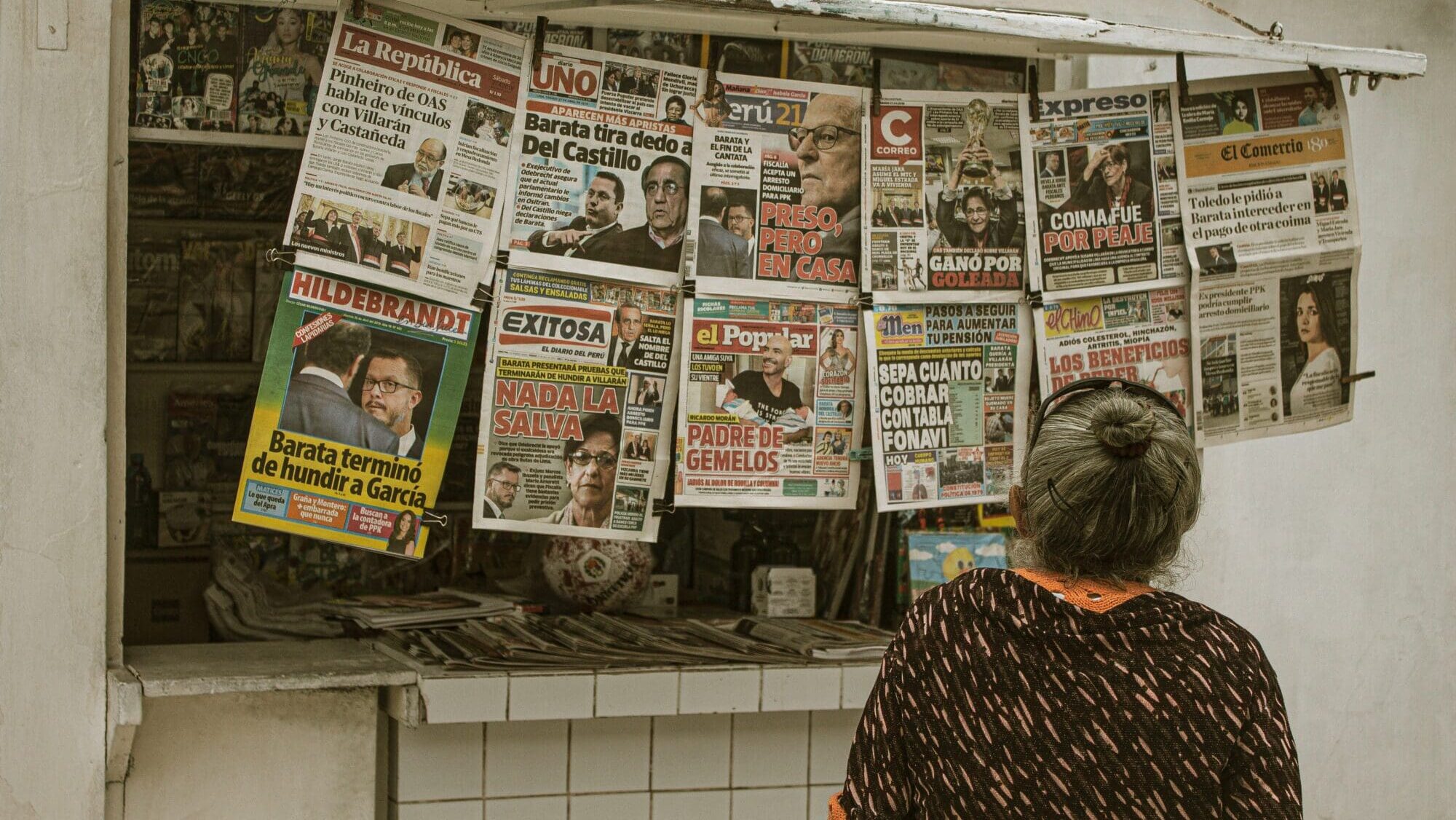
Photo: Ariana Tafur on Unsplash
Mainstream newspapers are doing all they can today, on June 10th, to echo Ursula von der Leyen’s triumphant message that “the centre is holding.” But reporters and pundits are unable to hide their concerns surrounding the shift to the Right which, however much they try to downplay it, they accept will raise serious difficulties for the establishment parties.
Coverage of Viktor Orbán’s performance in the European Parliament (EP) elections is indicative of this, with his 44% share of the Hungarian vote—a proportion that most other European political leaders can only dream of—dismissed as a “stumble” or a loss because it is lower than that achieved in previous polls. Reuters in particular framed Orbán’s smaller-than-expected lead as an example of “strong performances by centrist parties” in eastern Europe.
The Guardian in Britain was also keen to highlight that the “pro-European centre holds” the “far-Right” back. But its underlying fears became apparent when it accepted that
The narrowing overall majorities for mainstream pro-European parties could endanger the passing of ambitious laws on climate action.
The Daily Telegraph was perhaps a little more pleased to report that while the Left has come out on top, “the double blow to Mr. [Emmanuel] Macron and Mr. [Olaf] Scholz, the bloc’s most important leaders, raised questions over how they could drive policy across the continent.”
Predictably, Britain’s fringe Socialist Worker newspaper has been apoplectic, pointing to what it calls “fascist” gains across Europe and calling for a “strong and militant left” to combat this. France’s Libération also shared its anxiety about the “concerning landscape” across Europe—particularly about the “extreme Right” in Germany, which it said was “nostalgic for Nazism.”
Most newspapers are still considering what the election results mean for the EP’s groupings, where like-minded national parties collaborate in Brussels. However, the voting says much more about changing national sentiments than about the desired makeup of the institution itself. London’s Daily Mail did try to work out why there has been increased support for parties on the Right—what it calls the “hard and far-Right”—and why the Greens are, as Le Monde politely put it, “falling back.” It reported that
Many voters have been hit by the cost of living, have concerns about migration and the cost of the green transition and are disturbed by geopolitical tensions, including war in Ukraine, and hard and far-Right parties have seized on this and offered the electorate an alternative.
The focus in much of the European press is now quickly turning to France due to Macron’s announcement of snap national elections after he was drubbed by Marine Le Pen’s National Rally. France’s Left-wing L’Humanité newspaper is clearly furious and—more importantly—worries about what this national poll could bring, asking “what dark calculation pushed Emmanuel Macron” to have another “dance of death” with the “extreme Right.”
